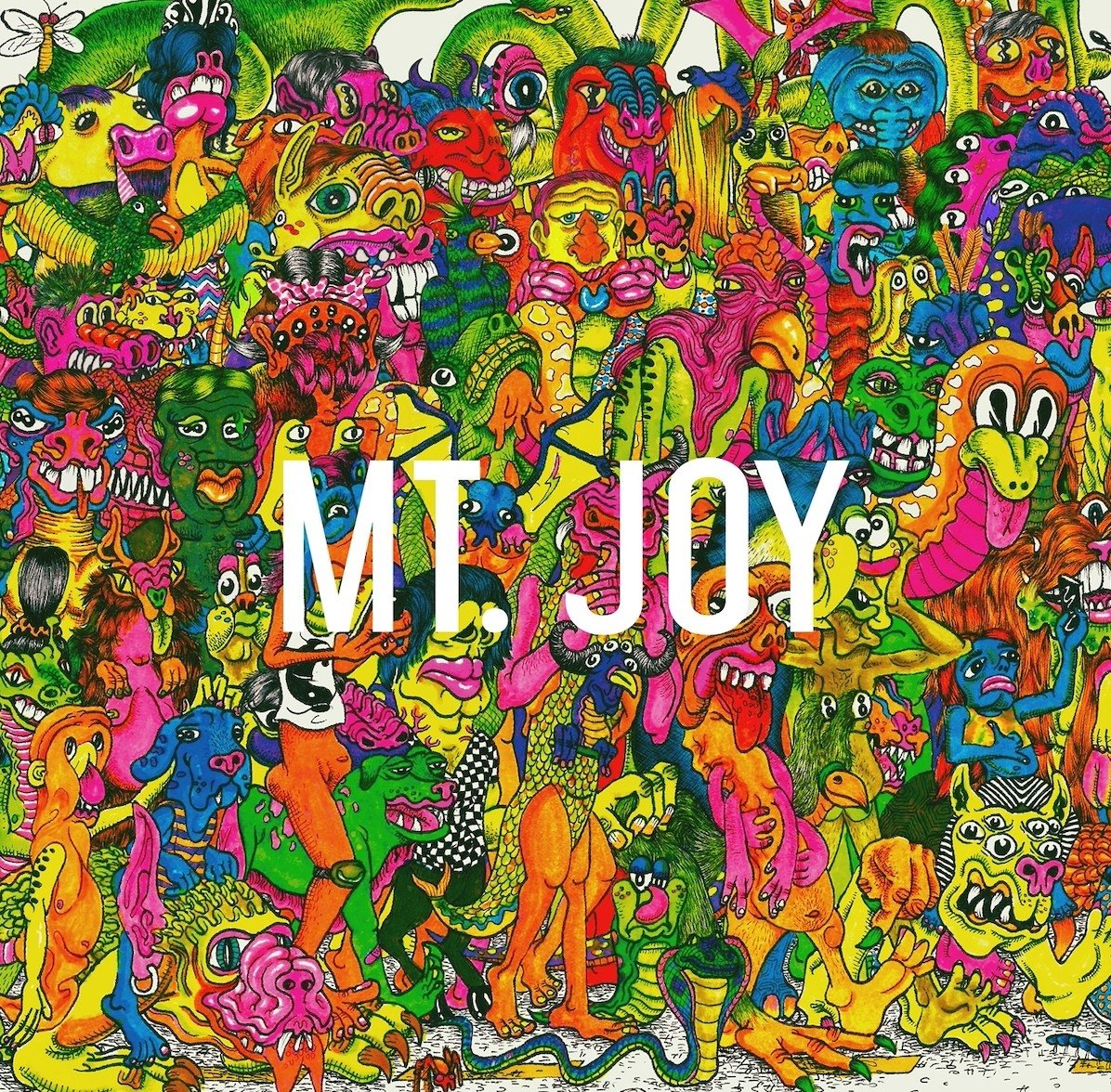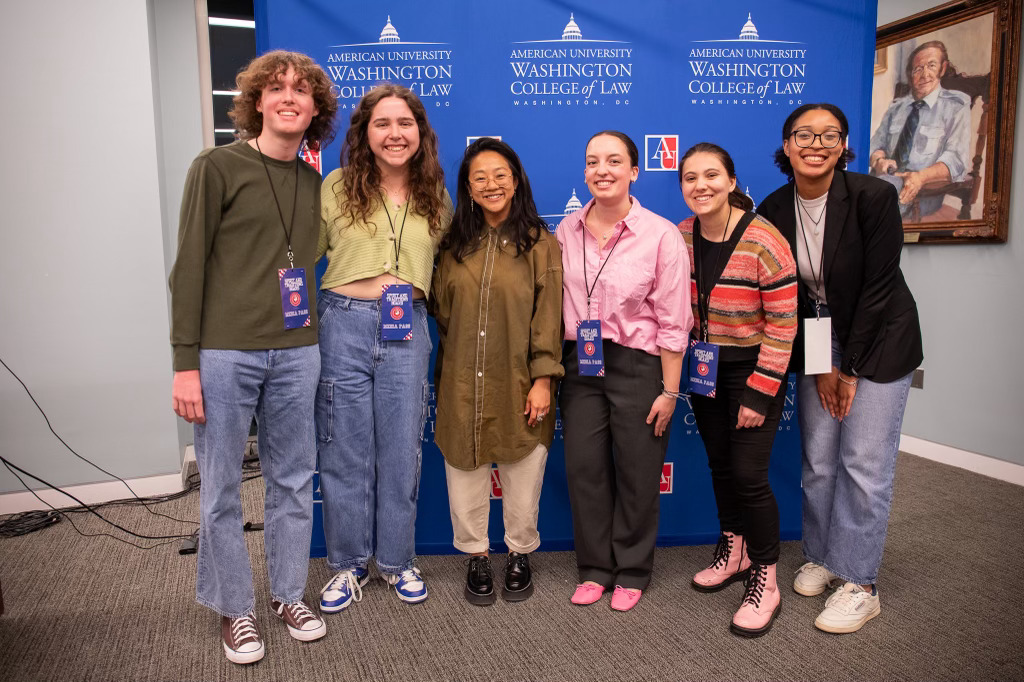Where is Protest Music Today?
October 19, 2015

Courtesy of The Guardian
It’s 2015, and African Americans still face discrimination in the housing system, (read this interesting article about the insane history behind the non-delegation of essential economic rights to African Americans in the U.S. here), the justice system, and face inequalities on a scale that is disproportionate to their race. Last week we set the foundations of protest music, highlighting the major figures (Dylan, Simone, Baez etc…) and discussed the foundations which stem largely from Delta blues artists, jazz, and the brutal, honest history of inequality and ruthless classism within the United States.
While much ground has been made in the decades following the passage of the momentous Civil Rights Act of 1964, economic inequality persists in the face of apathy, penetrates past efforts to combat it, and permeates in the minds of sheltered, privileged and heedless individuals. Protest music highlights this apparent inequality— it condemns and combats it— and its power increases the cultural awareness and understanding of plight, struggle and social polarity to those who otherwise would have lived in ignorance.
Public Enemy, N.W.A., Lauren Hill, Nas and countless other artists from the late 80s and 90s used protest as a platform
(check this song out)
and told their stories not for the purpose of selling records, but for something larger: telling truths and sharing stories. But what about today? Who is our generation’s Bob Dylan, who is our Nina Simone, Chuck D, or Ice Cube? What genre is leading the political movement?
Well, for one, the ambivalence of the indie/alternative community is apparent. Rock n’ Roll hasn’t said anything too new, and frankly the state of rock n’ roll today revolves around regressive regurgitations of of past forms. I’d argue hip-hop is the genre of the current political movements. But that’s not to say every hip-hop artist is necessarily political (see Chief Keef). The genre was largely born out of struggle (as were most pop music forms, even good ol’ rock n’ roll). Kendrick Lamar’s “Blacker the Berry” seems very political, even if he never intended it to be such. Questlove even challenges for the “Dylans, the Simones” to come forth. The truth is, protest music has more support today than it had in many years prior, especially due to the proliferation of campaigns on social media platforms, and the constant general hyperawareness that many millennials have.
Artists like Kendrick (whether he wants to or not, much like Dylan) make music that, although comes from within, both applies, and is understood by many to be much larger than the self. J. Cole’s “ Be Free” is a more direct example of popular artists using politics as a platform for cultural awareness. Yes, J. Cole is most likely not going to change the situation for African Americans, but does that mean his—or Kendrick’s or Killer Mike’s or the scores of other artists using their music as a way to address inequality— words don’t provide an accessible medium of at least partial empathy to fans? Absolutely not. Music from the perspective of those who have “been through a lot” to use the words of Kendrick provides a way for those who have positions of relative privilege to gain a grasp, even if it is small, into the life of another. That is where protest music is today. It’s mostly in hip-hop and other genres that seek to push boundaries—both musical and cultural, and it is unsurprisingly lacking in music that at large stems from pre-existing forms.














